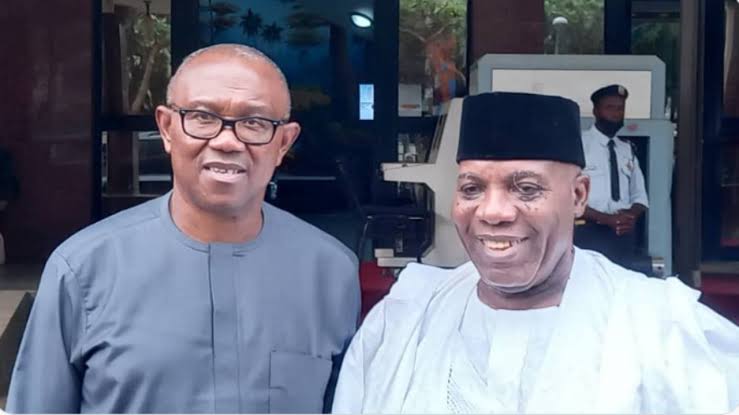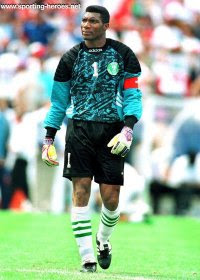The Vatican announced on Monday that Catholic cardinals will begin voting for a new pope on May 7, just a week after the death of Pope Francis.
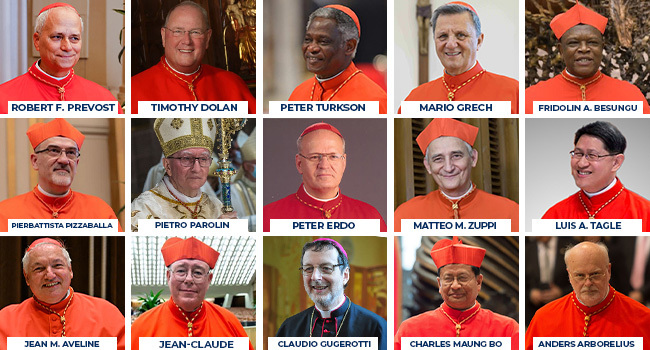
Only cardinals under the age of 80, often referred to as the “Princes of the Church,” are eligible to vote. They will gather in the Sistine Chapel, under Michelangelo’s famous frescoes, to choose the next leader for the world’s 1.4 billion Catholics.
The date was set during a meeting of cardinals on Monday morning, April 28, two days after Francis’s funeral.
The late pope, who died on April 21 at 88 years old, was laid to rest in a ceremony attended by hundreds of thousands.
While 252 cardinals were called to Rome after his death, only 135 are young enough to participate in the conclave.
Many of them have met only recently during four general meetings held last week to discuss funeral plans and other matters.
Cardinal Gualtiero Bassetti, a former head of the Italian bishops’ conference, described the atmosphere among the cardinals as warm and friendly, though he acknowledged that with so many voters, not everyone is familiar with each other.
The Vatican has now closed the Sistine Chapel to prepare it for the election process, which will be conducted in strict secrecy.
Spanish Cardinal Jose Cobo said this conclave could be just as unpredictable as Pope Francis’s own election, noting how many voters now come from outside Europe.
Italian Cardinal Pietro Parolin, who served as Francis’s secretary of state, is seen as a strong contender. Other favorites include Filipino Cardinal Luis Antonio Tagle, Ghana’s Cardinal Peter Turkson, Bologna’s Archbishop Matteo Zuppi, Guinea’s Cardinal Robert Sarah, and Jerusalem’s Latin Patriarch Pierbattista Pizzaballa.
Francis was known for promoting a more inclusive and compassionate Church, which gained him much admiration but also criticism from conservative circles, especially in the U.S. and Africa.
According to Church historian Roberto Regoli, the cardinals will be looking for a pope who can bring greater unity to a Church that’s currently facing deep divisions. He warned that choosing a new leader might take time, although some cardinals believe the decision could come quicker.
Interestingly, about 80 percent of the cardinals eligible to vote were appointed by Francis himself. Still, that doesn’t necessarily mean the next pope will mirror his views.
Many of the voting cardinals are relatively young and will be participating in a conclave for the first time.
The voting process allows four ballots each day—two in the morning and two in the afternoon—until someone secures a two-thirds majority.
With less than half of the electors coming from Europe, there is strong support for choosing a leader who can represent the Church globally.
Cardinal Dieudonne Nzapalainga from the Central African Republic emphasized the need for a courageous pope who embraces all continents and provides steady leadership in these uncertain times.
Meanwhile, many ordinary Catholics are hoping the next pope will continue in Francis’s spirit. They emphasized that the Church faces big challenges, including declining attendance and ongoing scandals.
KanyiDaily recalls that Pope Francis was laid to rest on April 26 in Rome after his funeral mass at St Peter’s Square.


![Cubana Chief Priest Allegedly Barred From Entering Headies Awards [Video] 2 Cubana Chief Priest Allegedly Barred From Entering Headies Awards [Video]](https://media.kanyidaily.com/2025/04/28115620/Cubana-Chief-Priest-1-150x150.jpg)
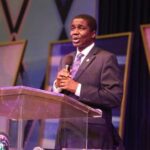
![David Umahi Boasts Of Taking Woman's Land For Highway Project [Video] 5 David Umahi Boasts Of Taking Woman's Land For Highway Project [Video]](https://media.kanyidaily.com/2026/02/10162217/IMG_20260210_162135-150x150.jpg)
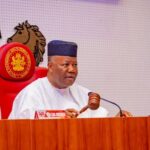

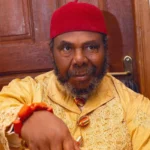

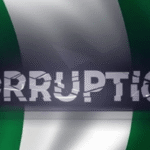

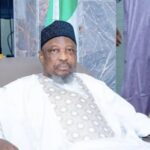

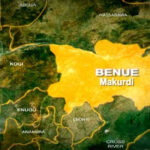


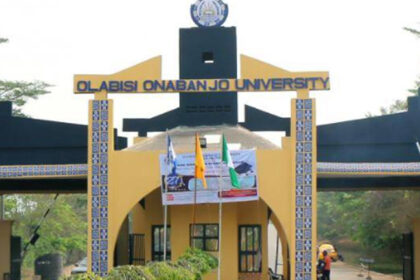
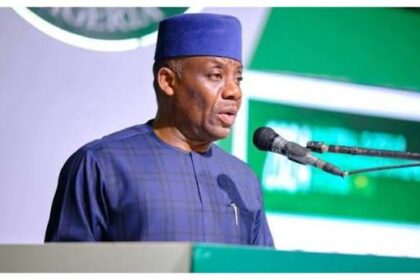

![144 Nigerian Police Officers Arrives In Somalia To Help Them Fight Insecurity [Photos] 33 144 Nigerian Police Officers Arrives In Somalia To Help Them Fight Insecurity [Photos] 4](https://media.kanyidaily.com/2021/04/20095434/images-3-3.jpeg)

![How I Lost 20 Family Members In Benue Attacks - Survivor Recounts [Video] 37 How I Lost 20 Family Members In Benue Attacks - Survivor Recounts [Video]](https://media.kanyidaily.com/2025/06/17162640/Screenshot-2025-06-17-at-2-420x280.webp)
